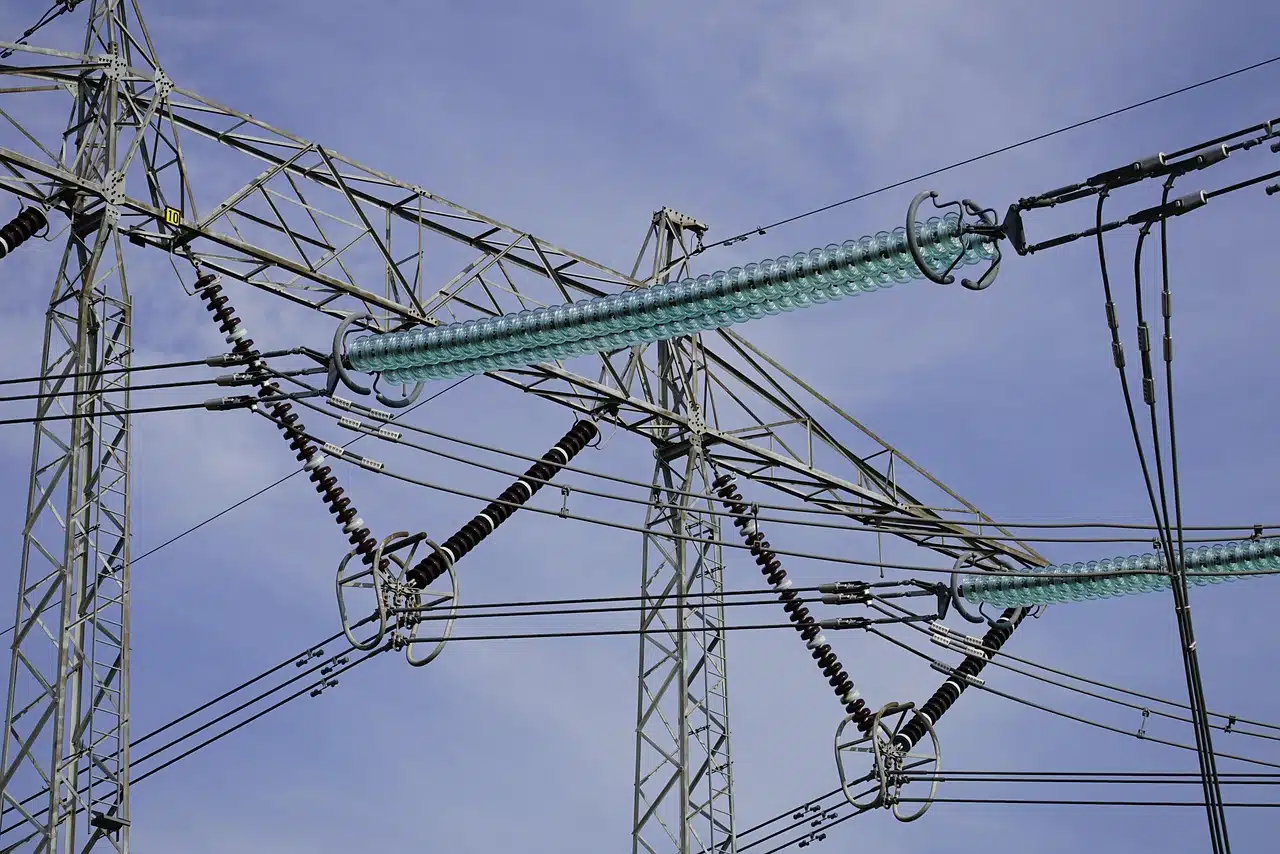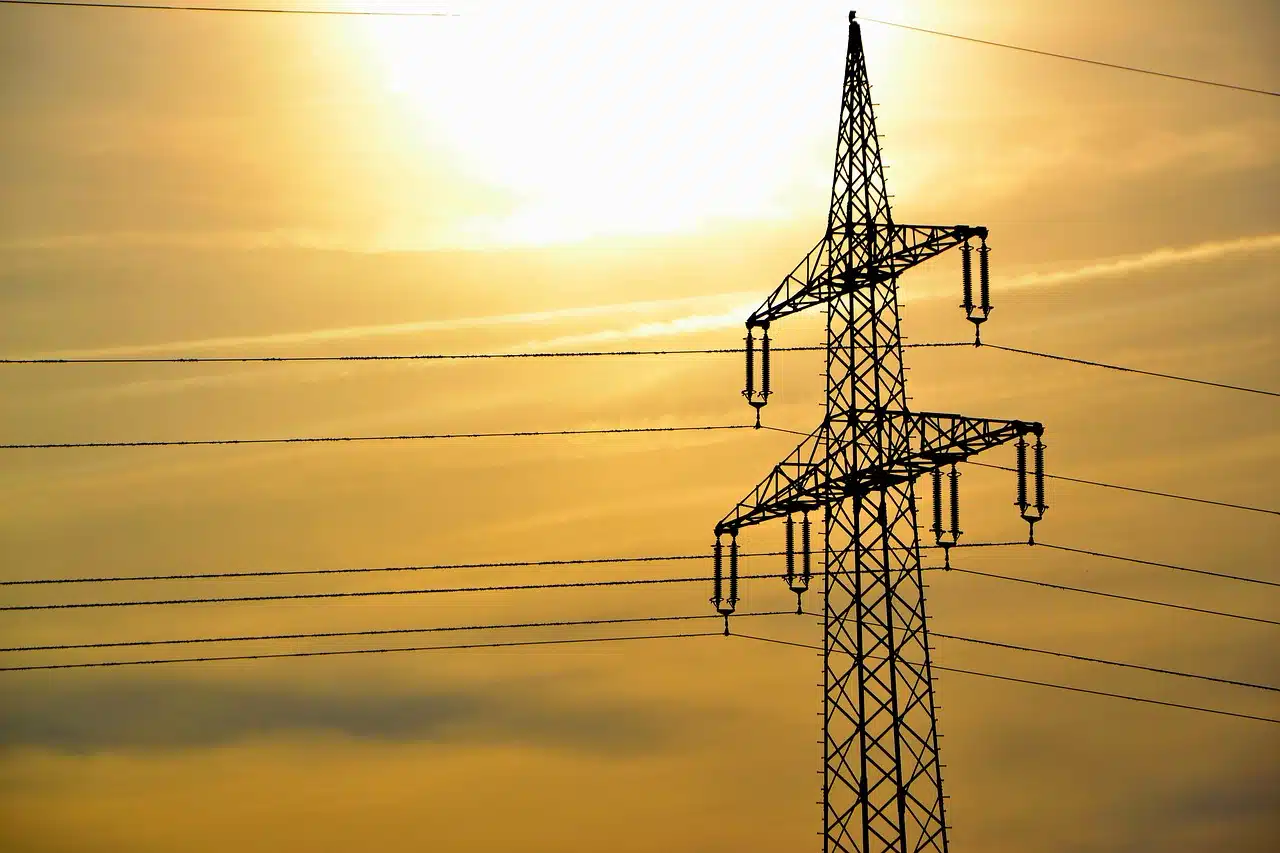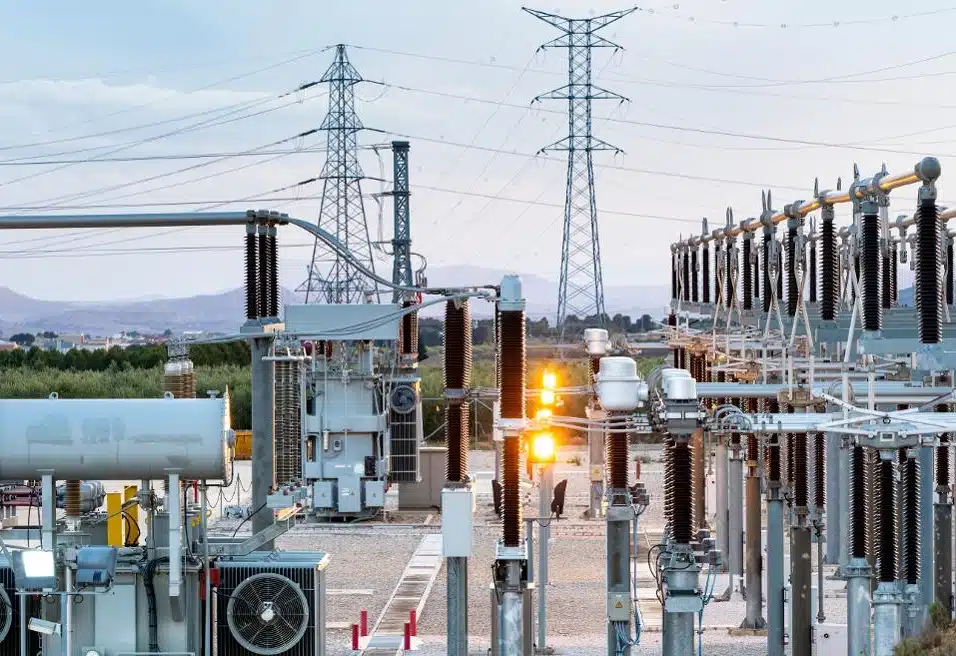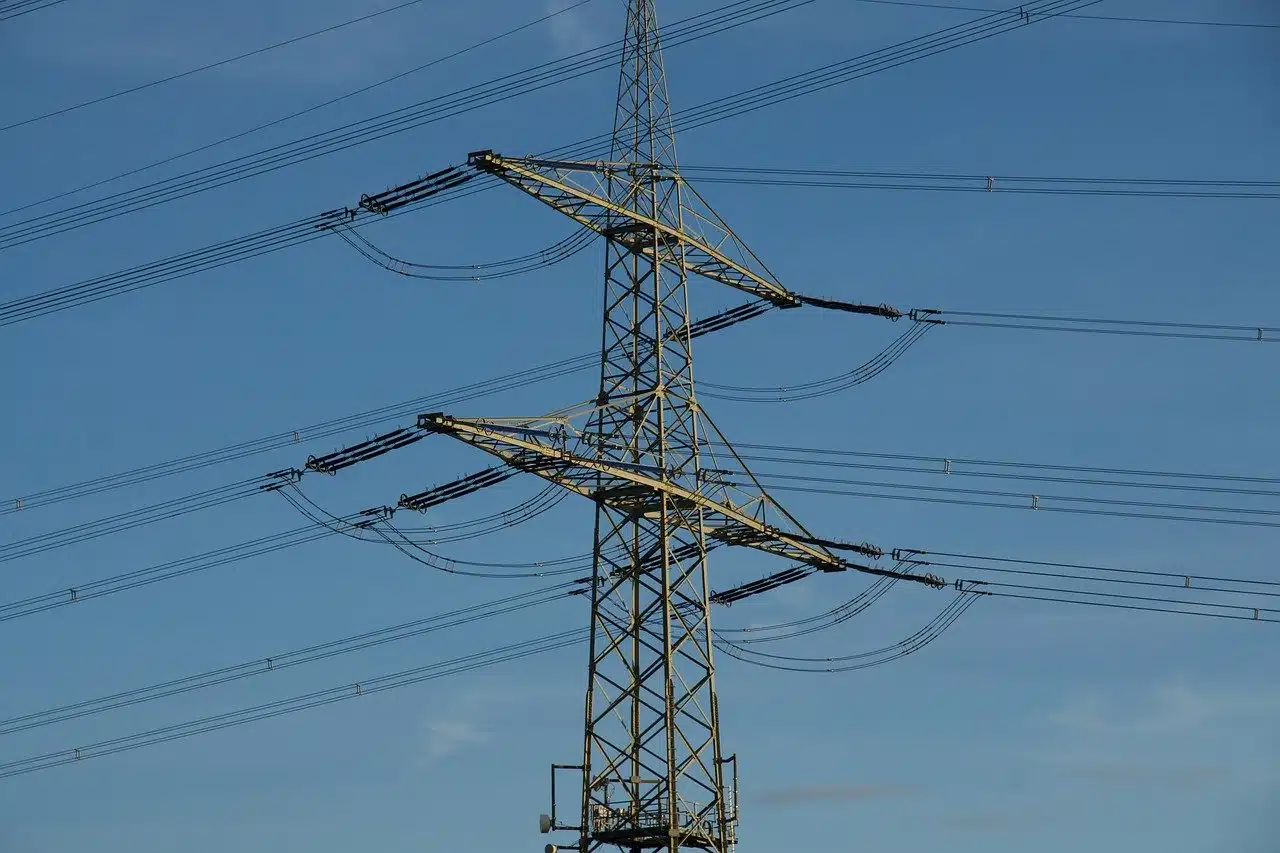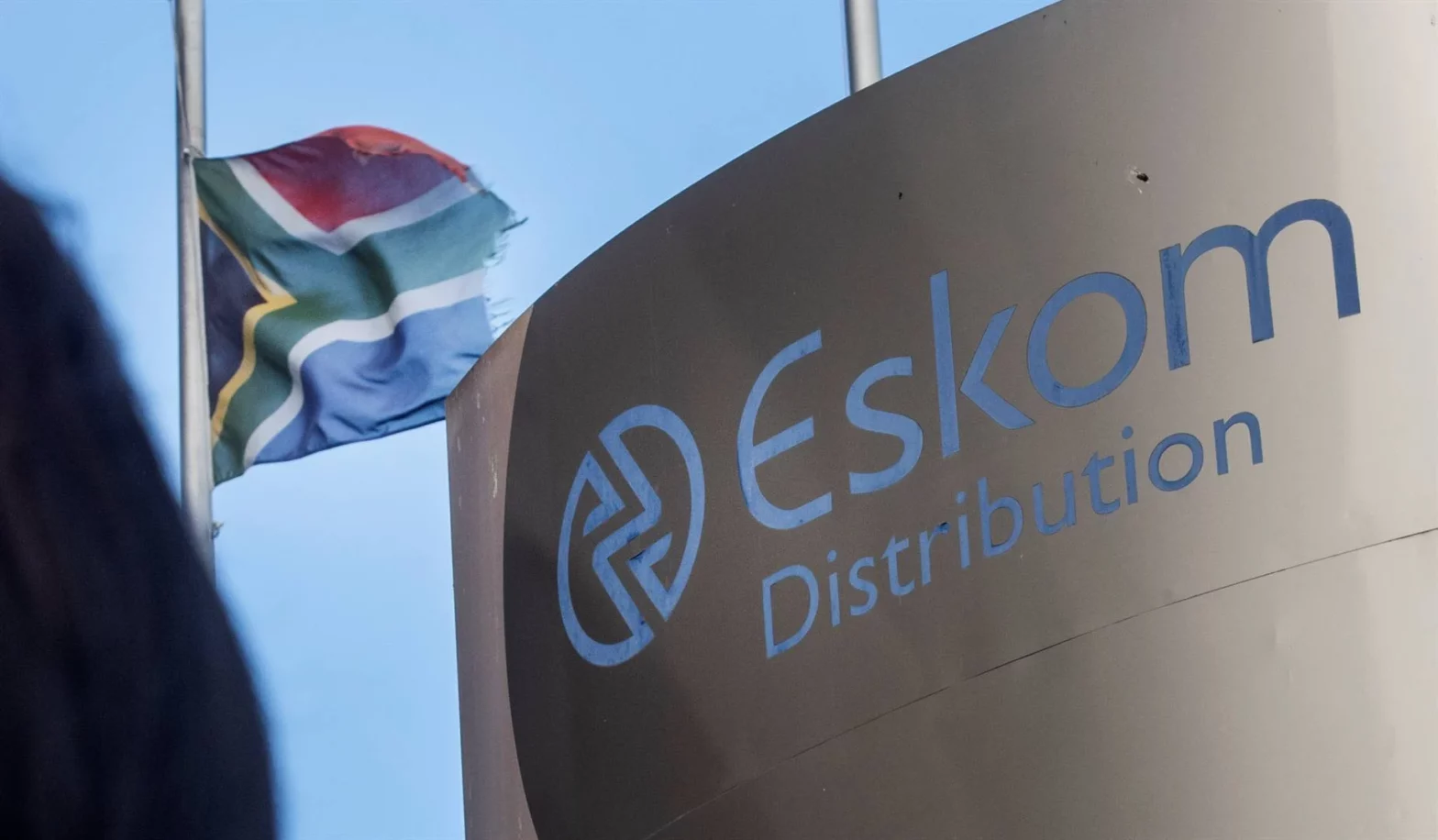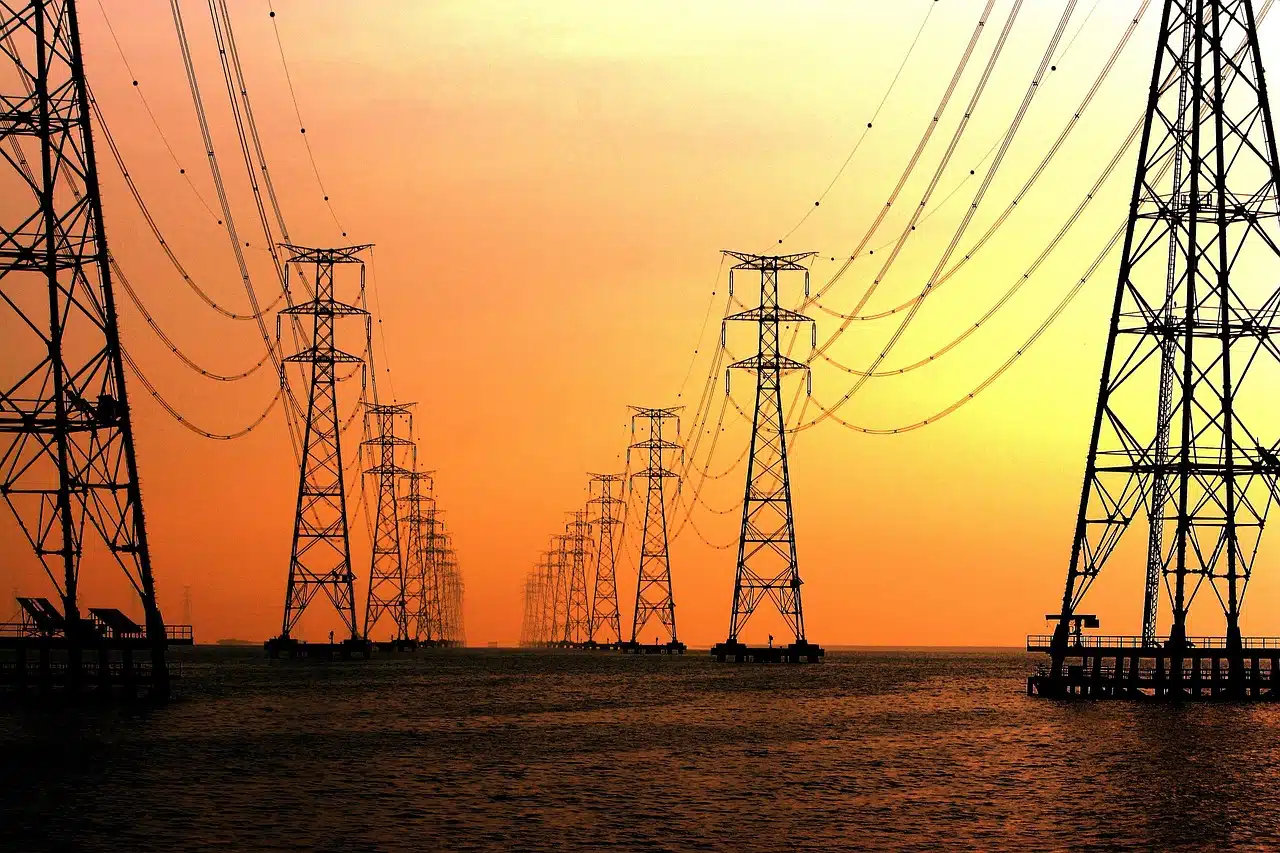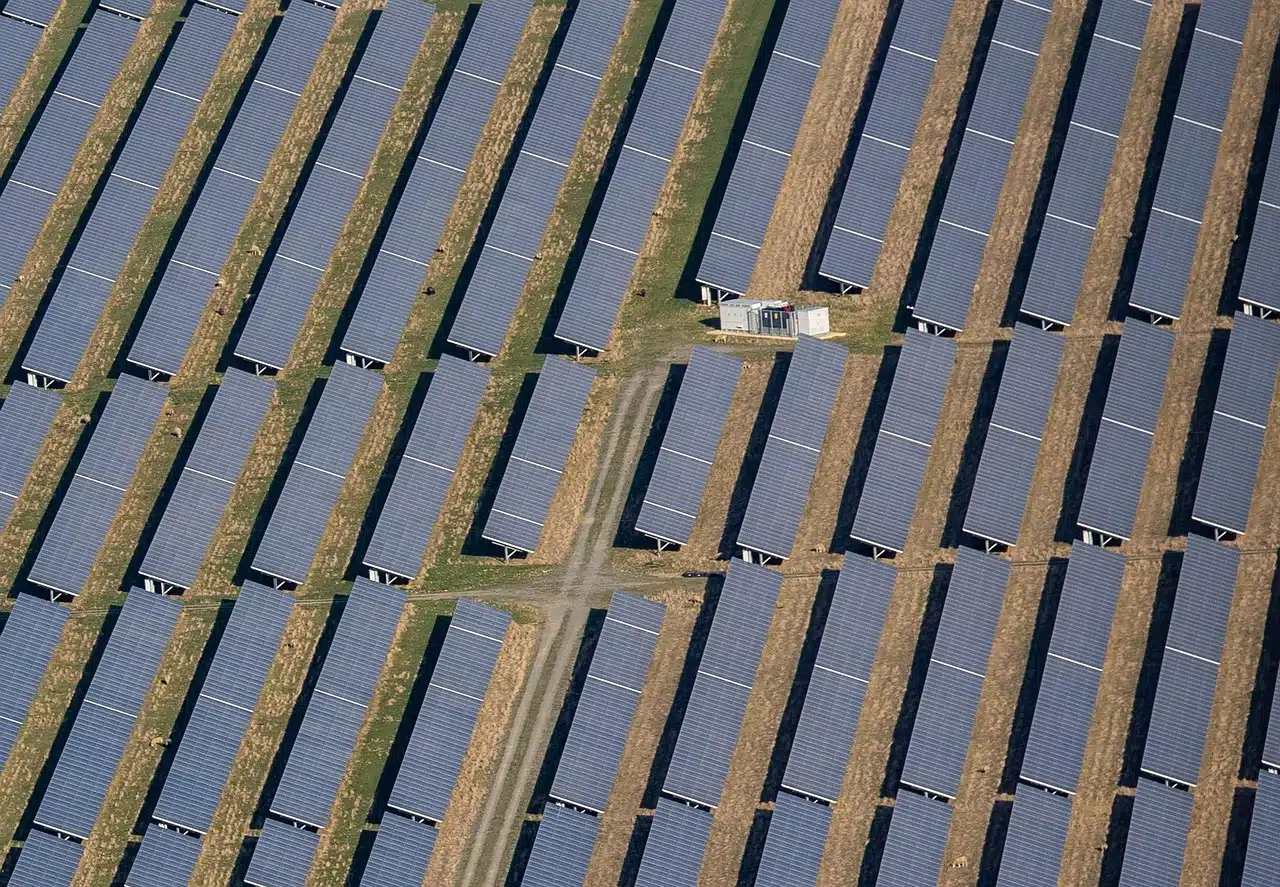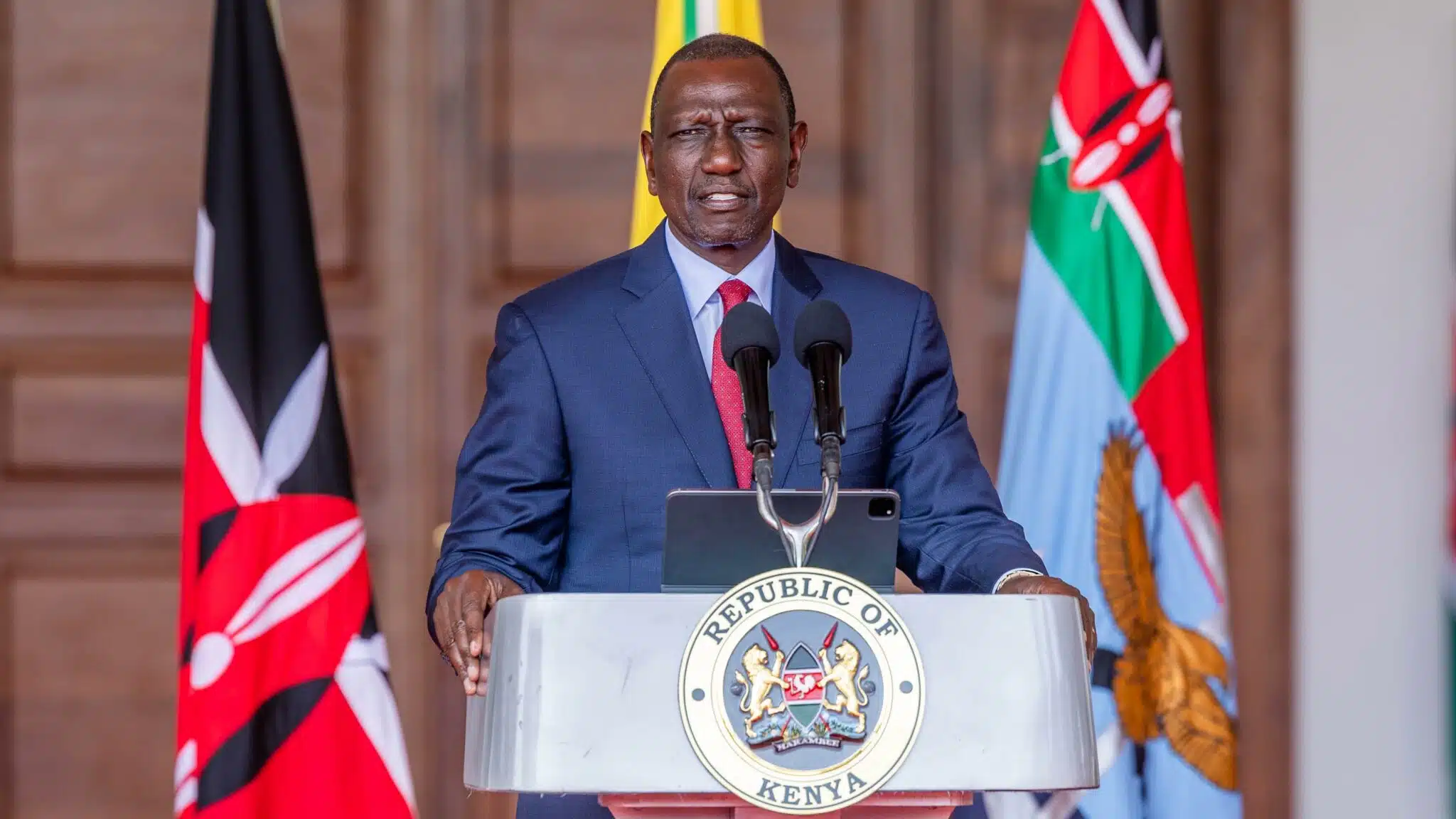In a move towards liberalizing its electricity market, Egypt has approved its first-ever private-to-private (P2P) electricity contracts, greenlighting four renewable energy projects with a combined capacity of 400 mega watts (MW).
These initiatives not only represent a pivotal shift in how energy is produced and sold in the country but also mark a significant milestone in Egypt’s transition to a competitive energy landscape.
For the first time, private renewable energy producers will be allowed to sell electricity directly to industrial clients, bypassing the traditional single-offtaker model.
Breakdown of the four approved projects
The approved projects span across solar and hybrid energy systems, each tailored to meet the energy demands of major industrial consumers:
- KarmSolar will construct a 100 MW solar power plant to supply electricity to Suez Steel.
- AMEA Power is developing a 100 MW solar facility to serve BEFAR Group and the Suez Canal Container Terminal.
- TAQA PVwill deploy a 100 MW hybrid system—combining solar and wind—to power operations at Ezz Steel.
- Enara is building a hybrid energy plant that will deliver 100 MWto both El Alamein Silicone Products Company and Helwan Fertilisers.
According to Zawya, these four projects are collectively valued at $388 million and are being implemented under a pilot scheme with technical backing from the European Bank for Reconstruction and Development (EBRD).
New P2P regulatory framework in action
The initiative is being piloted under new private-to-private electricity regulations, which were developed by EBRD in partnership with the Egyptian Electric Utility and Consumer Protection Regulatory Agency (EgyptERA) and received government approval in 2023.
“This milestone shows how the right regulatory framework can unlock private investment and drive the energy transition,” said Mark Davis, EBRD Managing Director for the Southern and Eastern Mediterranean region.
“By enabling companies to procure green electricity directly from producers, Egypt is opening new opportunities for industry and enhancing its competitiveness. We are proud to have supported EgyptERA in designing this pioneering scheme and will continue working closely as projects move towards implementation,” Davis added.
Understanding the P2P model
Egypt’s newly implemented P2P model allows private electricity generators to use the national grid to deliver power directly to end consumers.
This eliminates the need for the government to act as the sole buyer of electricity, dismantling a structure that has long defined Egypt’s energy market.
The new framework promotes:
- Increased competition
- Greater consumer choice
- Enhanced private sector investment opportunities in renewable energy
This shift aligns with the goals set in the 2015 Electricity Law, which charted a path toward a competitive and open electricity market in Egypt.
All electricity generated under these contracts will be privately financed and operated, which alleviates pressure on Egypt’s public funds while accelerating the transition to clean energy.
The projects will be funded with support from the Swiss State Secretariat for Economic Affairs (SECO), with EBRD acting as the facilitator.
Accelerating renewable energy targets
Egypt has committed to generating 42% of its electricity from renewable sources by 2030.
Recent developments reflect this ambition:
- In 2024, Egypt secured $275 million to finance Africa’s largest wind farm.
- Last month, Germany signed a $97 million agreement to support a wind energy project in the country.
Chairperson of EgyptERA, Mohamed Mousa Omran, emphasized the importance of this shift:
“This pilot marks an important step towards a more competitive electricity market in Egypt. By enabling direct agreements between producers and consumers, we are creating space for the private sector to play a greater role in meeting the growing demand for clean energy. This is essential for accelerating the deployment of renewables at scale and achieving our long-term energy goals,” Omran stated.

